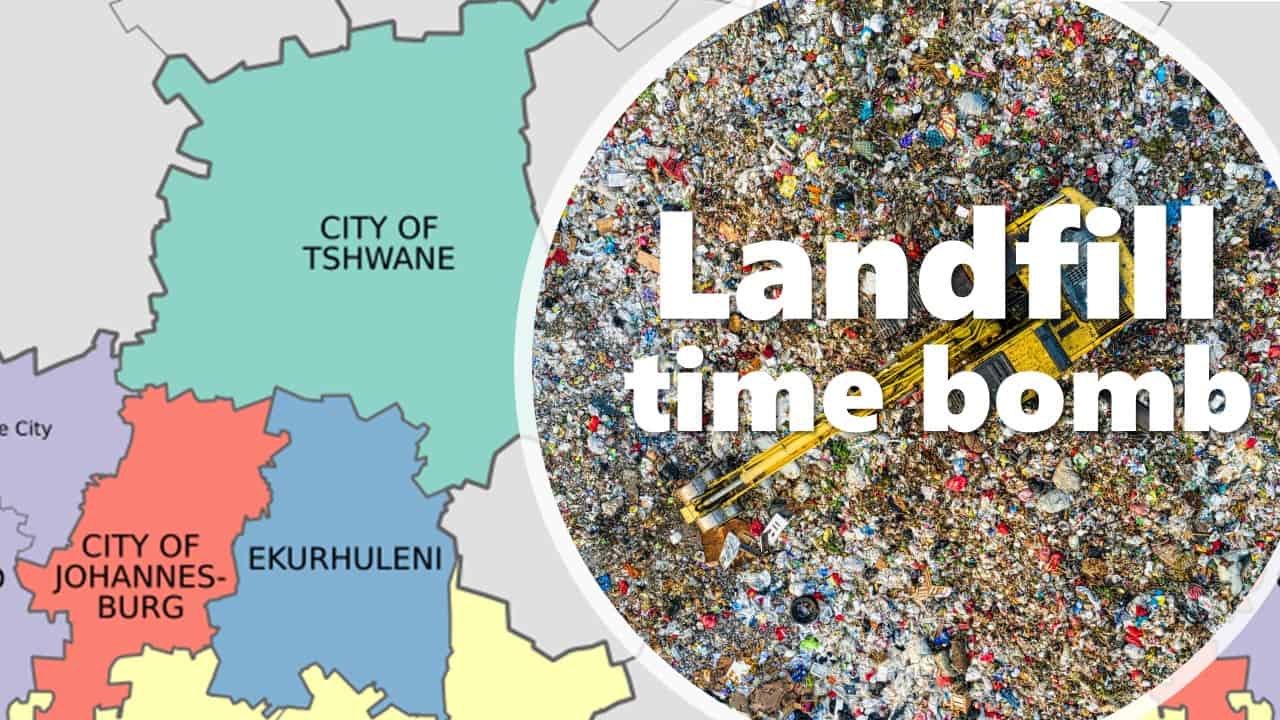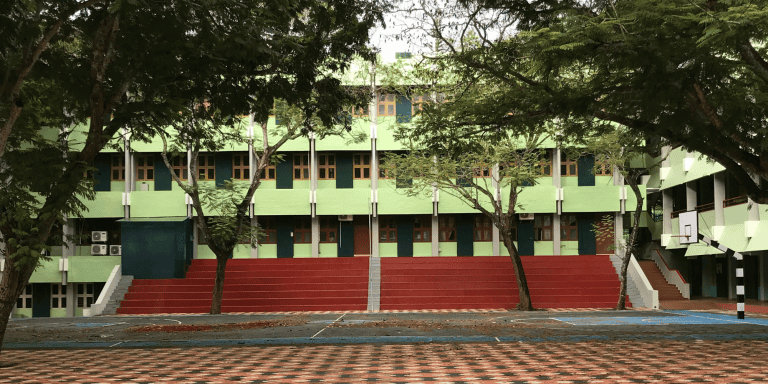Gauteng landfills a ticking time bomb: Metros just over four years away from ‘Day Zero’
Soundbite: Lambert de Klerk (English)
Soundbite: Lambert de Klerk (Afrikaans)
AfriForum warns that “Day Zero” for landfills in Gauteng’s three metros will be reached in just over four years. This is how much time the Johannesburg, Tshwane and Ekurhuleni metros have before the landfills, where the waste of their approximately 13 million residents is currently dumped, reaches their maximum capacity. Considering this shocking finding, the civil rights organisation warns that unless there is immediate and decisive intervention, a full-scale environmental and public health disaster awaits the province.
Based on the latest available data released in March and April this year on the 13 active municipal landfills in the three metros, the landfills in the Johannesburg, Tshwane and Ekurhuleni metros will reach capacity in approximately 16, 78 and 60 months, respectively.
Johannesburg Metro
According to the Johannesburg Metro’s “State of Waste Management” report released in March this year, the metro’s four landfill sites will reach capacity in just over a year. The metro itself claims that the Robinson Deep site will reach capacity in November 2026, the Goudkoppies site in March 2028 and the Ennerdale site in July 2026, while the Marie-Louise site would already have been at full capacity by April this year. This leaves the metro with an average of just over a year before running out of space.
Tshwane Metro
According to the Tshwane Metro’s submission to the Portfolio Committee on Human Settlements in April 2025, the expectation is that the airspace at the metro’s four landfill sites (Ga-Rankuwa, Soshanguve, Heatherley and Bronkhorstspruit) will, in a worst-case scenario, be exhausted within the next 3, 7, 7 and 9 years, respectively. This means that these municipal landfill sites will run out of airspace in about 6 and a half years.
Ekurhuleni Metro
The Ekurhuleni Metro’s “Waste Management” presentation from March this year shows that its five municipal landfill sites are also expected to reach full capacity in the next five years. According to the metro’s own data, the Simmer & Jack and Weltevreden sites both have less than a year’s capacity left, while the Rietfontein site will be operational for approximately three more years. In contrast, the Rooikraal and Platkop sites are expected to have approximately 8- and 12-years’ capacity left, respectively.
In light of this impending crisis, AfriForum is urging that drastic steps be taken to provide solutions and the prioritisation of the establishment of public-private partnerships for the construction of recycling centres. Furthermore, the civil rights organisation is demanding the urgent implementation of a zero waste to landfill strategy, whereby the amount of waste dumped at landfills is limited to a minimum.
According to Lambert de Klerk, Head of Environmental Affairs at AfriForum, the figures regarding the critical shortage of airspace at landfills point to serious systemic management failures in the province. He argues that the suspension of approvals for developing new landfills, caused by delays in granting necessary licences, along with the failure of metros to invest in recycling and alternative waste processing technologies, are among the biggest contributing factors to this waste issue. In the meantime, other issues – such as inadequate monitoring of sites and poor revenue management due to faulty weighbridges; illegal dumping and poor enforcement of municipal bylaws to limit it; and serious infrastructure problems – also add to the challenges faced at landfills.
Gauteng is at the heart of South Africa’s waste crisis, and there is very little accountability or urgency in the metros and the province to tackle the problems, explains De Klerk.
“We do not have a landfill problem. We have a management problem,” says De Klerk. “Municipalities have a legal responsibility under the Constitution and the National Environmental Management: Waste Act to protect the environment and public health. Not doing so is a dereliction of duty and a direct threat to the well-being of millions of people.”











